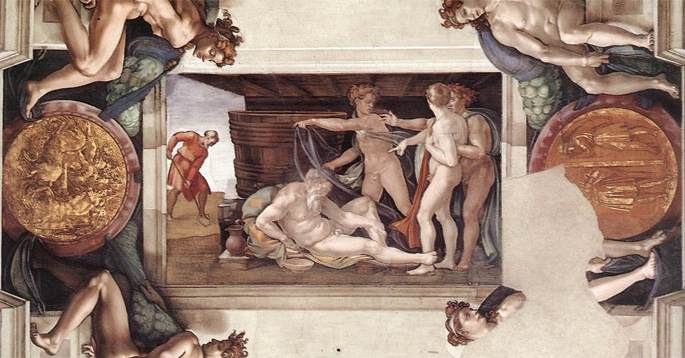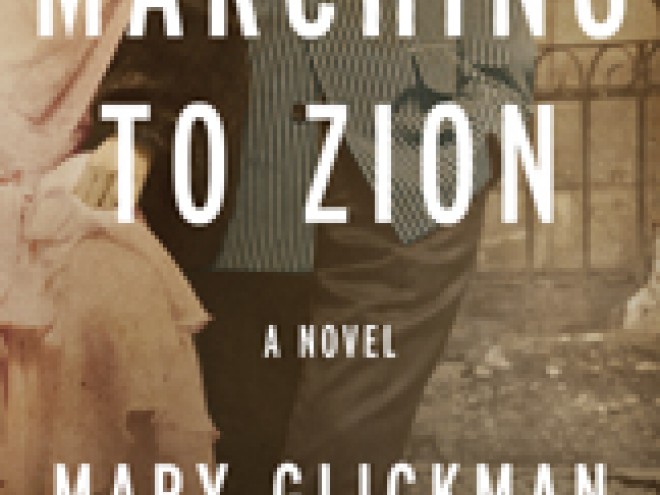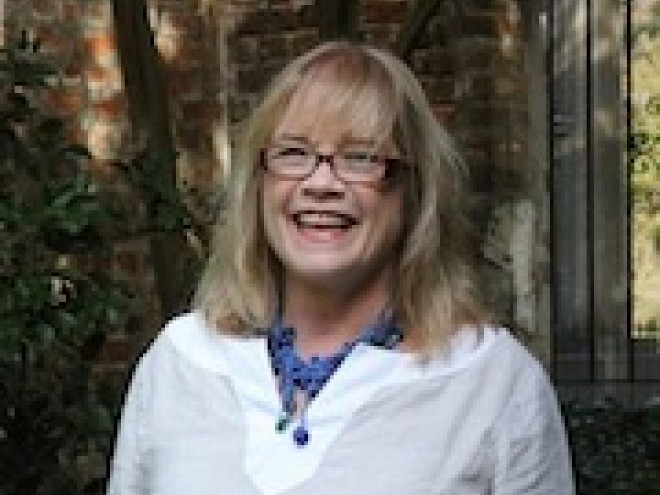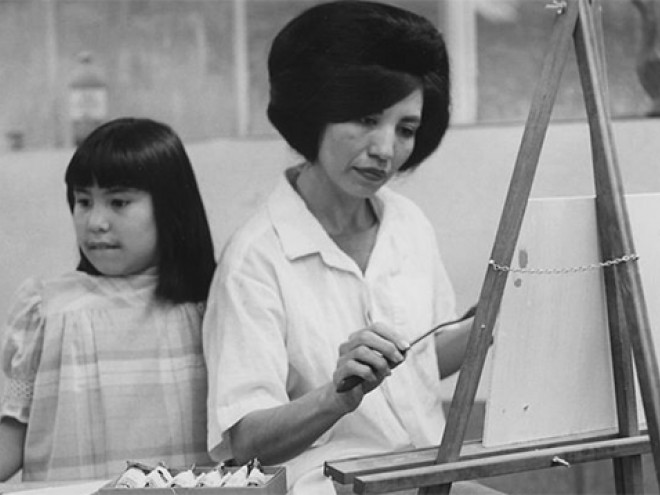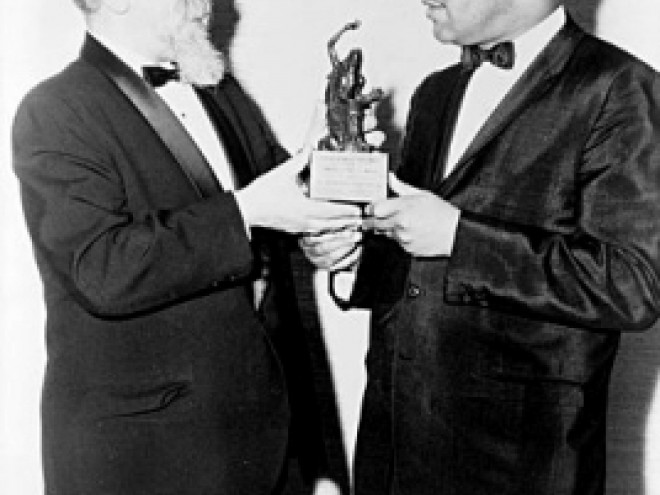Mary Glickman is the author of the Home in the Morning, One More River, Marching to Zion. With the upcoming release of her new novel An Undisturbed Peace, Mary is blogging here all week as part of the Visiting Scribe series on The ProsenPeople.
Over the course of publication of four novels, I have become aware of a personal truth that eluded me in the previous thirty odd years of writing seven unpublished ones. Hold your breath. Here it comes.
I write historical fiction. That is, historical fiction is my métier. I am it and it is me.
When I look back on my writing career — battle-scarred veteran that I am — I can see that whenever I wrote novels of the present era or ventured into the more rarefied territory of allegory, there was something missing, at the very least from the marketing point of view. But there may have been deeper flaws than market. It may be that my sensibilities are most harmonious with cultural tropes gone by. It may be that my gut finds indigestible modernist poses, especially about things Jewish, the current antipathy towards all things Israeli, for example, or the general lack of respect for the pious life, one I fail at living but greatly admire. Or it may be something entirely different.
I have always been enchanted by the past. I grew up on a diet of music, books, and film from my parents and grandparents eras, their libraries and oral traditions. Long before I knew something of Rashi, my spiritual guides were Frank Capra, Verdi and Puccini, Dickens, the Brontes, Hugo, and Balzac. Enshrined in their work were icons of virtue, blessing, and tragedy: The Working Stiff, The Fallen Woman, The Mother, The Child, The Drunken Poet, The Kindly Grandfather, The Tortured One, and The Villain, who could take many forms including The Fat Cat, The Overseer, The Seducer, The Strong Arm. I also learned from the same sources that each of these icons could contain bits and pieces of its opposite, that nothing was as simple as it seemed in a manner very different from both melodrama and postmodern cynicism. There was always a universal humanity, classic set pieces of contradiction, in my childhood icons. They had resonance for me, even as a precocious child absorbing stories above her grade level. Sixty years later, I admit I still find them the truest models I know of real life.
But on whom were they modeled? One need look no further than the Tanakh, the Hebrew Bible, to find the most glorious array of human archetypes ever gathered in one place. Take human frailty for example. Where in all of literature are there better examples than an angry Moses, a lustful David, a jealous Cain, a drunken Noah? I don’t think it’s an accident that before Dickens, before the Brontes, my first childhood books were picture books of Bible stories, stories and characters that consumed my imagination even then.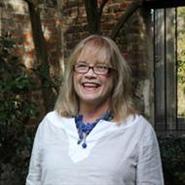
At present, we live in a world where the common wisdom has it that truth is elusive and personal, good is defined by political desires, evil judged nonexistent, at least in the traditional sense. No small wonder then that a writer of my proclivities needs to travel back in time to exercise her favored images of heroes and heroines, antagonists and forces of nature in which the Voice of God bellows warning into deaf, unwilling ears. Back then, I am home. My historical people can breathe, walk, love, sin, expiate, and sacrifice. In the present, they might only be objects of fun. But when they are set in the past, readers find resonance, recognition, and are moved.
Mary Glickman was born on the South Shore of Boston, Massachusetts, and studied at the Université de Lyon and Boston University. She now lives in Seabrook Island, South Carolina.
Related Content:
- Mary Glickman Reading List
- Reading List: Bible & Biblically Inspired Stories
- Joshua Cohen: The Doomed Generation
Born on the South Shore of Boston, Mary Glickman is the prolific author of Southern Jewish historical novels, including National Jewish Book Awards Finalist in Fiction’s One More River and An Undisturbed Peace, listed by Southern Living as a best novel of 2016. Ain’t No Grave is her sixth novel. She lives on Wadmalaw Island, SC, with her husband.
